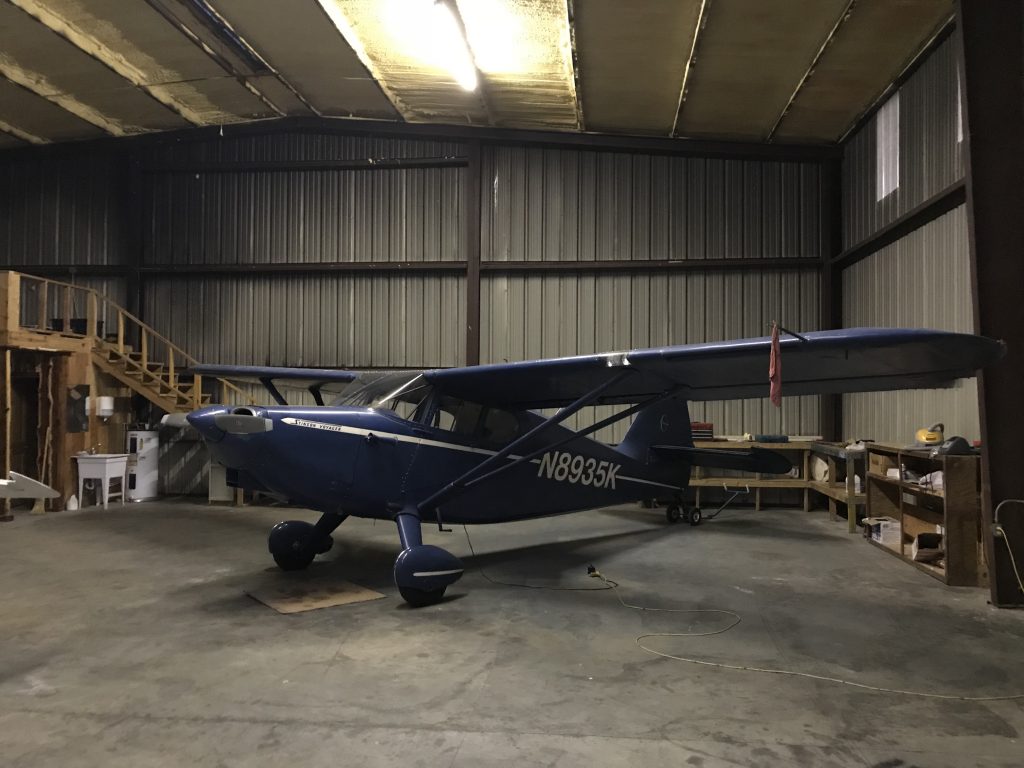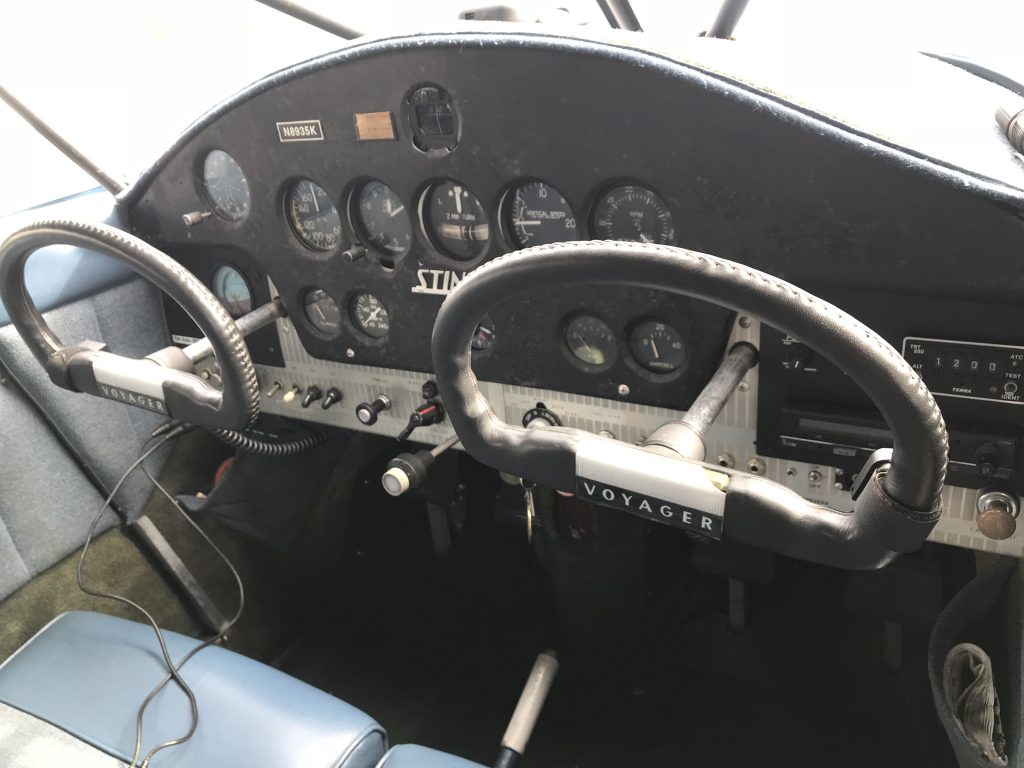A recent recommendation of an FAA Aviation Rulemaking Advisory Committee (ARAC) proposed that the FAA change long-standing requirements under FAR 61.195(h)(2)(iii) that a CFI must have been a CFI for more than 24 months before they are authorized to train a first-time instructor applicant. (For the full text of the current qualifications for training a first-time instructor applicant, click here).
The ARAC recommends that this requirement be changed to requiring that the CFI,
“Have held a flight instructor certificate for at least 24 months or has completed a FAA approved standardization course at a part 141 training school that provides instruction on the intricacies of training a flight instructor applicant.”
The rationale for this recommendation is given as,
“The turnover of CFIs across the nation is tremendous and there are very few full-time/permanent CFIs. The flight instructor profession is a transient position for the vast majority of pilots on their way to fly jets professionally. As a result, instructors are moving fast to Regional Airlines; our turnover (and the turnover across the training industry) is approaching 90% annually. This turnover is severely limiting the number of flight instructors available that meet the requirement of 61.195. This regulation sets the requirements for an instructor pilot to train individuals in the CFI course. As of right now, we have about 40 students waiting to start their CFI training who cannot start due to the lack of human resources that meet the requirements of 61.196 (and the backlog is growing).”
It is worth noting that, at this time, this is just a recommendation to the FAA. No official rulemaking has been made on this recommendation, but it is possible that it will be taken up in future rulemaking processes.
A further note is given that,
“A shortage of CFIs increases the training time of new flight students thus increasing the time it takes for new pilots to complete their flight training and ATP requirements. This delay further exacerbates the pilot shortage problem.”
This recommendation seems to be a business consideration, not a quality of training consideration. It is highly focused on providing relief of this business concern that would only provide a remedy to part 141 FAA approved training providers, predominantly provided by university and collegiate training providers. This recommendation, without further modification, would not provide an opportunity for non-part 141 training providers to develop an equivalent CFI training curriculum that would allow those training providers to take advantage of potential staff that could provide initial CFI training who had not been CFIs for more than 24 calendar months.
The FAA regularly tasks FAA and Industry representatives with providing feedback to the regulatory process in our aviation industry. This particular recommendation is a part of a larger report back to the FAA that responded to a task that was given by the FAA that included potential changes to FAA pilot training requirements. Specifically, “the FAA assigned the Aviation Rulemaking Advisory Committee (ARAC) a new task to consider (1) recommendations on existing regulations that are good candidates for repeal, replacement, or modification and (2) recommendations on regulatory action identified in FAA’s regulatory agenda.” (The tasking can be found at: https://www.gpo.gov/fdsys/granule/FR-2017-04-28/2017-08564).
The full text of all ARAC recommendations can be found by clicking here for the pdf document.
There is much discussion that should likely take place before any implementation or rulemaking on this recommendation. It is important for the industry to consider how this would affect the quality of training for CFIs and how it would affect different types of training providers and environments. A more global assessment is needed to consider whether the simple premise that is assumed, that CFIs are transitory, is in the best interest of safety and quality of training. Instead, perhaps the industry should be using this as an impetus to develop a business model wherein CFI jobs would be less transitional and more permanent, as a career goal that develops a core of professional permanent instructors who become highly competent and provide better, more efficient, and in the end, more cost-effective training to customers of flight training businesses.


